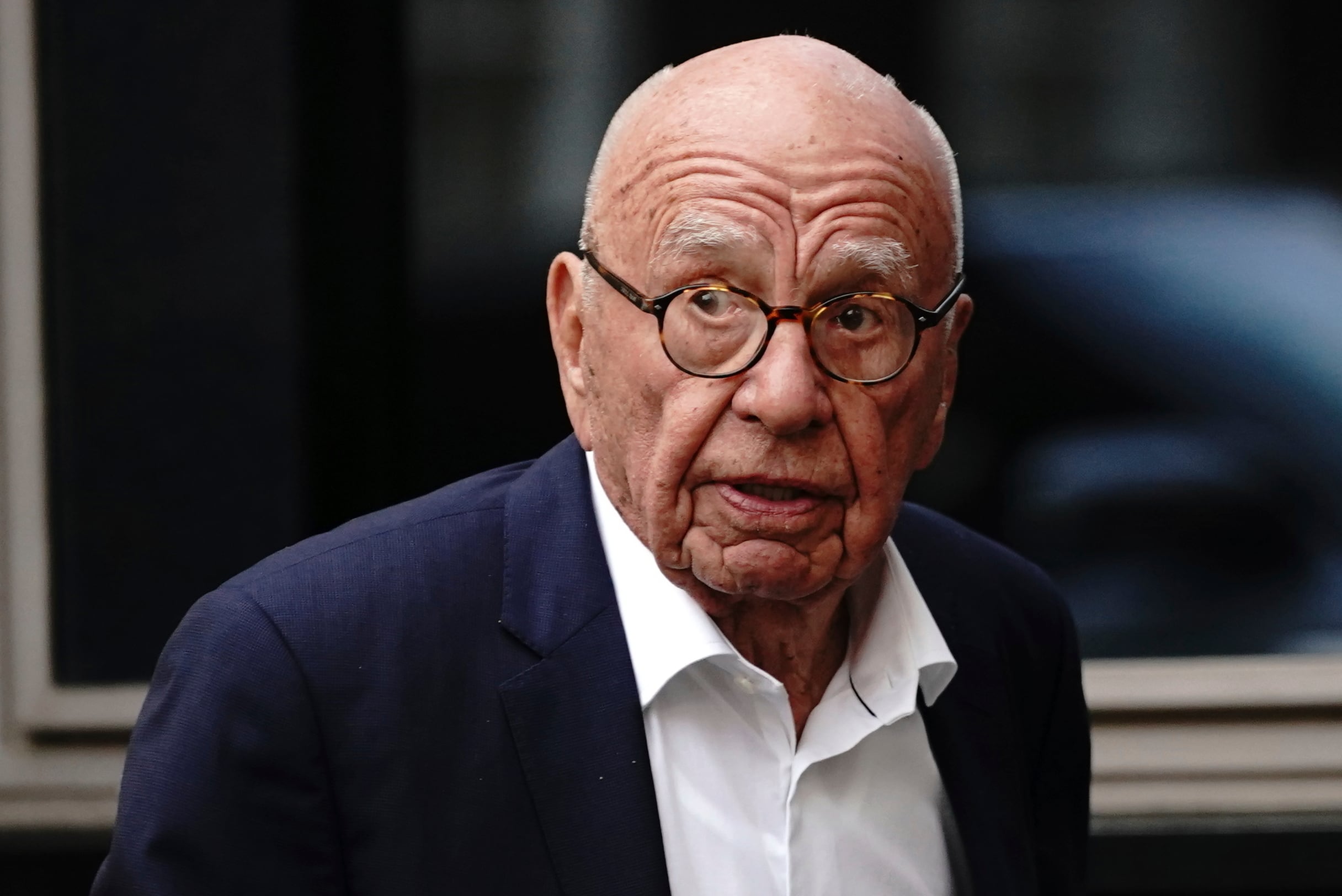*By Carlo Versano* Does your bank account spark joy? With Marie Kondo fever sweeping the nation, her tidying method has led to the purging of countless dressers and kitchen cabinets. But the theory underpinning the so-called KonMari method can extend to your finances as well. Committing to the Marie Kondo method tends to have an immediate effect on your spending, said Julia Glum, a reporter for Money who has written about Kondo and her new Netflix ($NFLX) show. Just by looking at every purchase through the "does it spark joy" lens tends to put things in stark relief, she said. "It can cure you of irresponsible spending." By taking stock of every single thing you own, it will become clearer that you don't actually need that next thing you see on Instagram. "If you have five pairs of black jeans, the next time you go to the store, you're not going to buy another pair of black jeans," as Glum put it. KonMari acolytes also say that they become obsessed with clutter and not buying repeat items. The method can even help you make a few bucks if you decide to re-sell things you've purged on sites like Craigslist, Facebook Marketplace, or Poshmark, or through second-hand stores. One of the major tenets of KonMari is aggressively tackling paperwork. Glum recommends setting aside time to focus exclusively on organizing all the financial papers in your home. Start by thinking you won't keep anything, she said, and work backwards, saving only the necessities. Then scan and digitize all the paper statements that are worth saving. Something as small as throwing out old bank statements can do wonders in re-framing your mindset around the purchases that matter to you, but it takes some discipline. "You don't want to backslide," Glum said. For full interview [click here](https://cheddar.com/videos/how-marie-kondo-can-spark-joy-into-your-bank-account).












